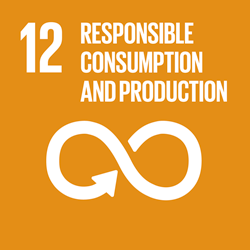Technological watch
Assessing Barriers in Adaptation of Water Management Innovations Under Rotational Canal Water Distribution System
This study assessed problems associated with irrigation water provisions and the potential barriers to the adaptation of the interventions (soil moisture sensors, on-farm water storage facilities and the drip method) under rotational canal water distribution in Punjab, Pakistan. Three groups of stakeholders were individually surveyed during September–December 2020: (i) 72 farmers, (ii) 15 officials, and (iii) 14 academicians. We used descriptive statistical analysis, cross-tabulation and the Fisher test to explore the pattern of responses across the groups. The main problems in the canal water distribution system were expressed by the farmers as limited water allocation, while academicians were concerned mostly with inflexibility and officials indicated discussion among neighbors. According to the farmers' responses, the conventional depth/interval of irrigation is flooding the field with water and observing the plants, indicating over-irrigation behavior. Moreover, the most important barriers in the adaptation of the interventions that were highly rated by the three groups were low awareness, lack of training and financial resources. Additionally, farmers’ education revealed a statistically significant influence on awareness of soil moisture sensors and water storage facilities, while large farm holders showed a positive relationship to conducting a joint experiment with scientists and farmers’ associations on part of their land to improve water use efficiency.
Publication date: 23/06/2022
Author: Imran Sajid
Reference: doi: 10.3390/agriculture12070913






